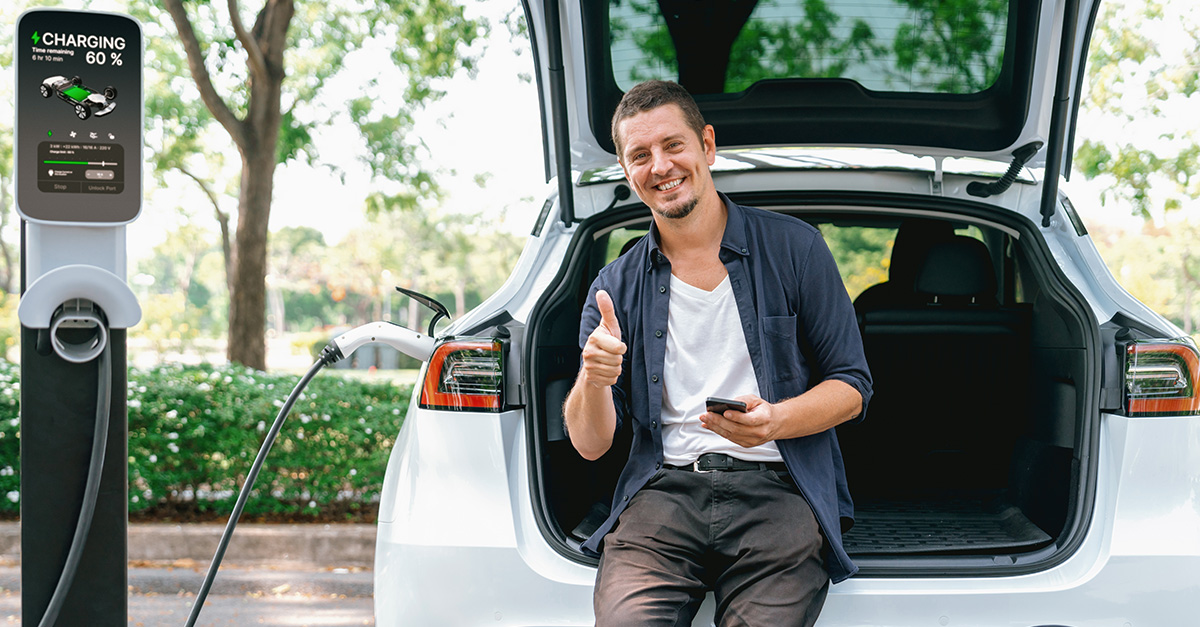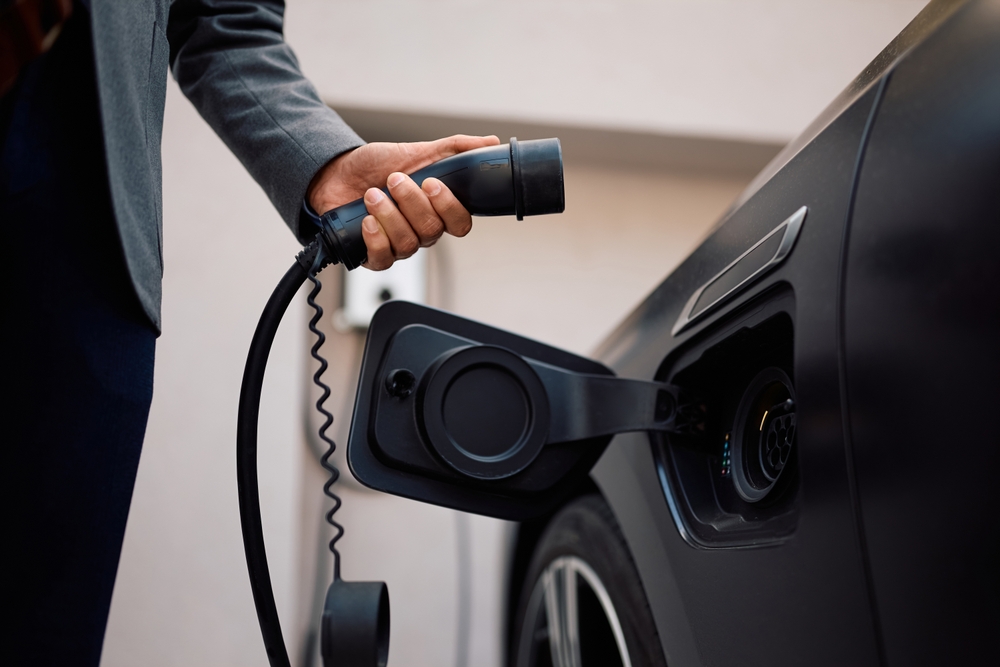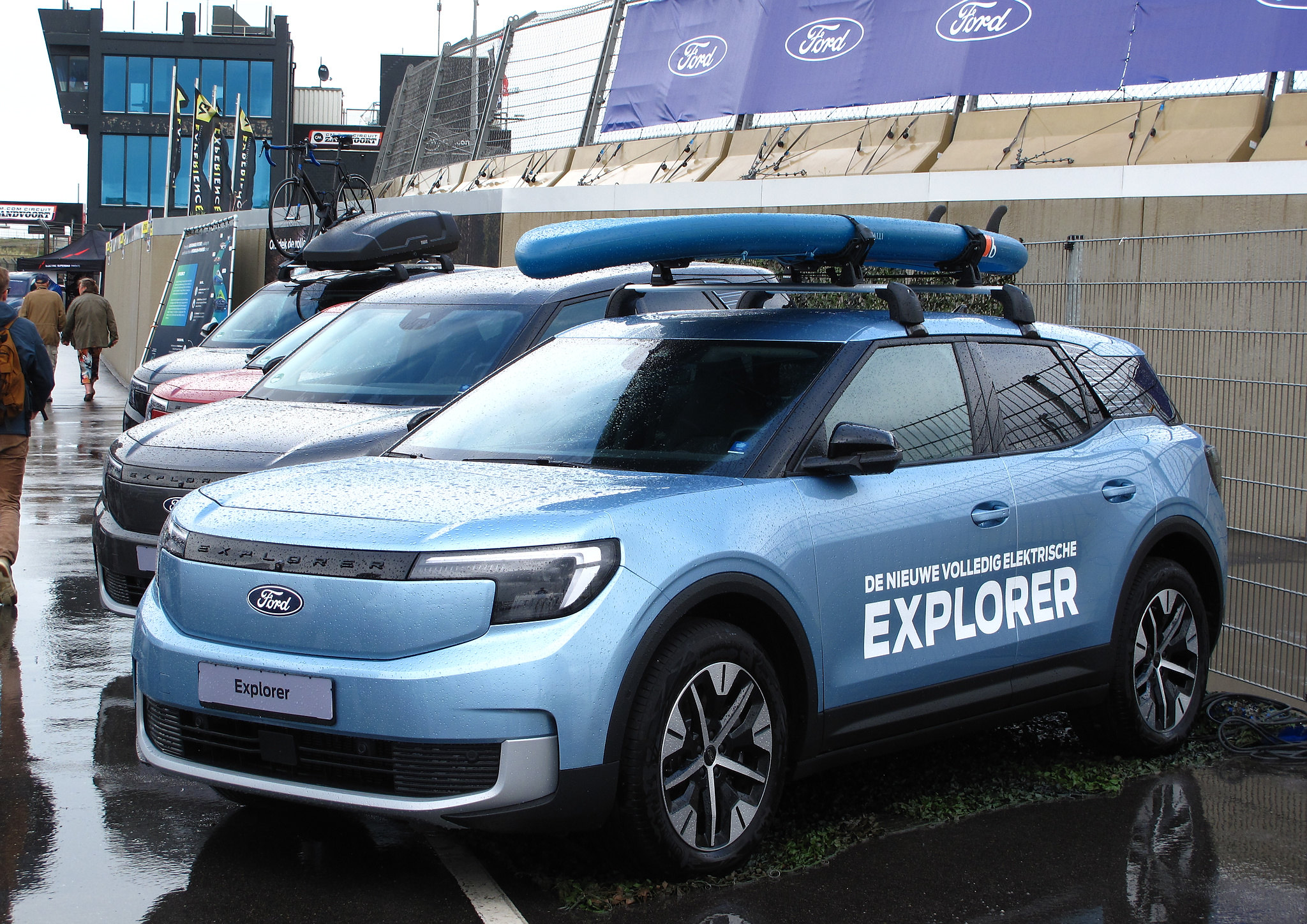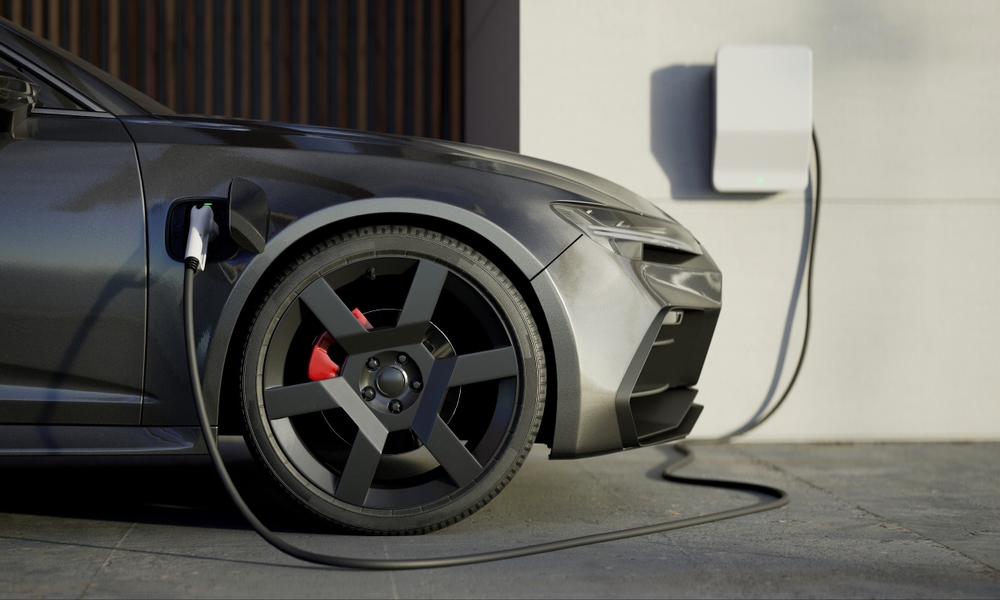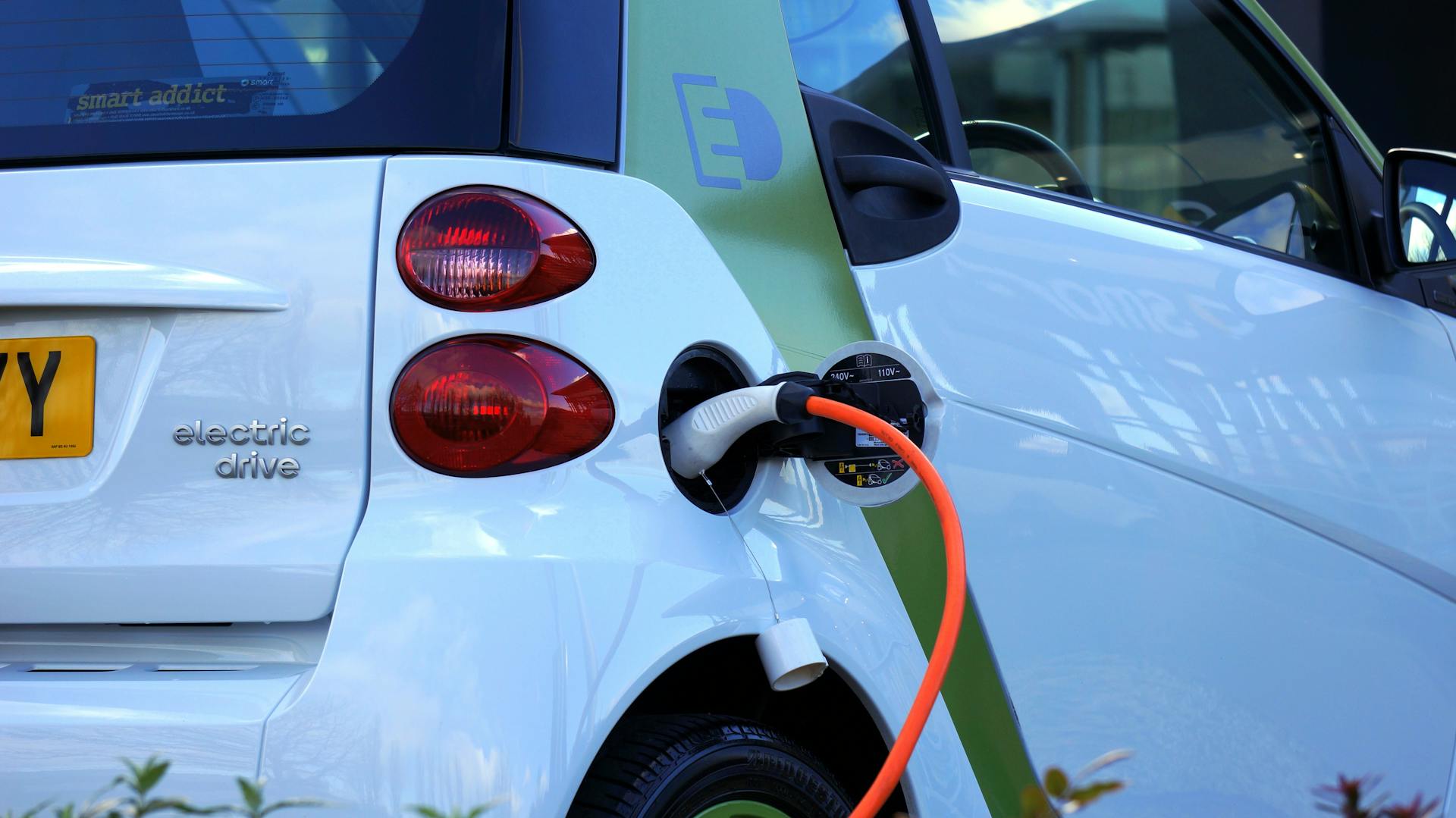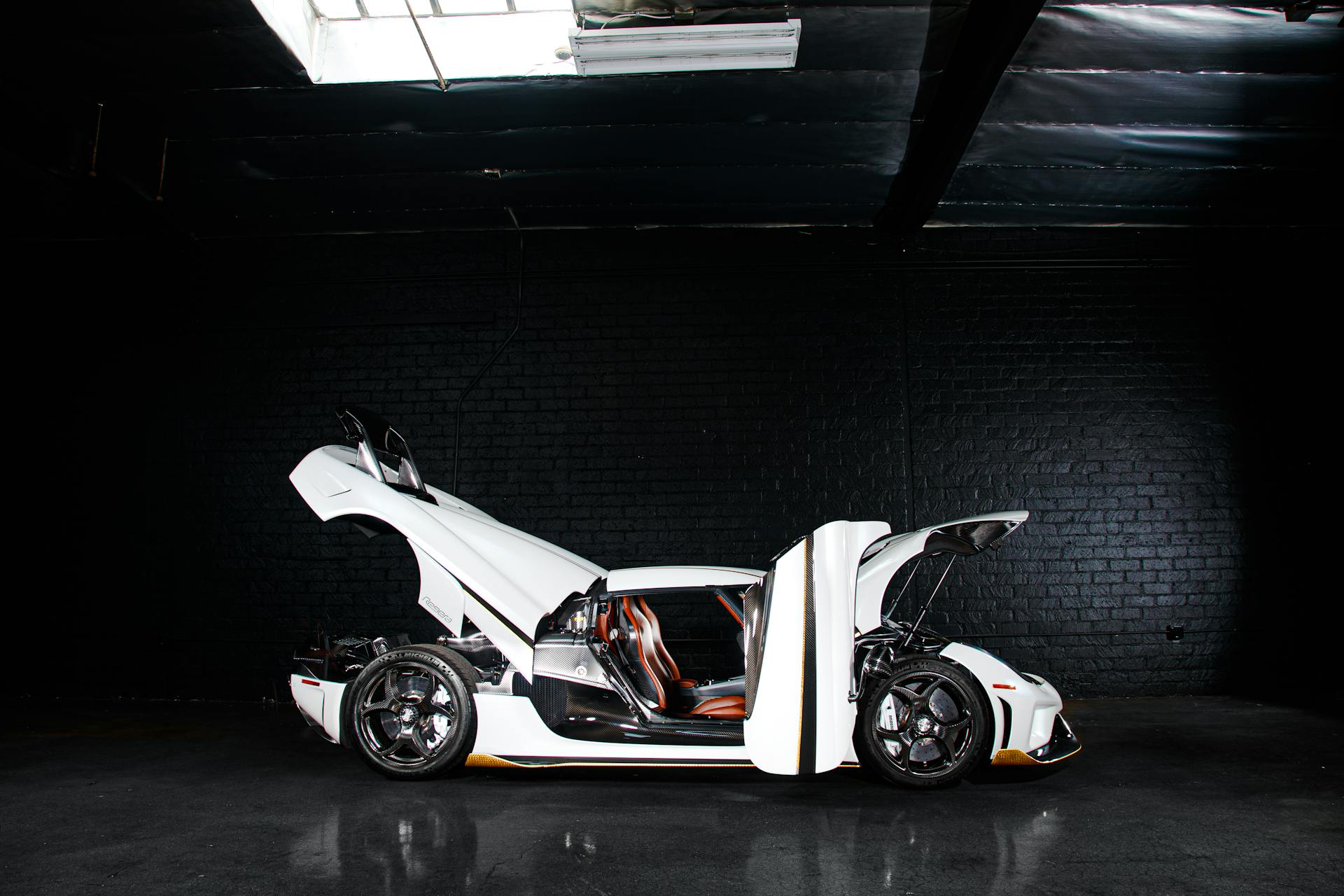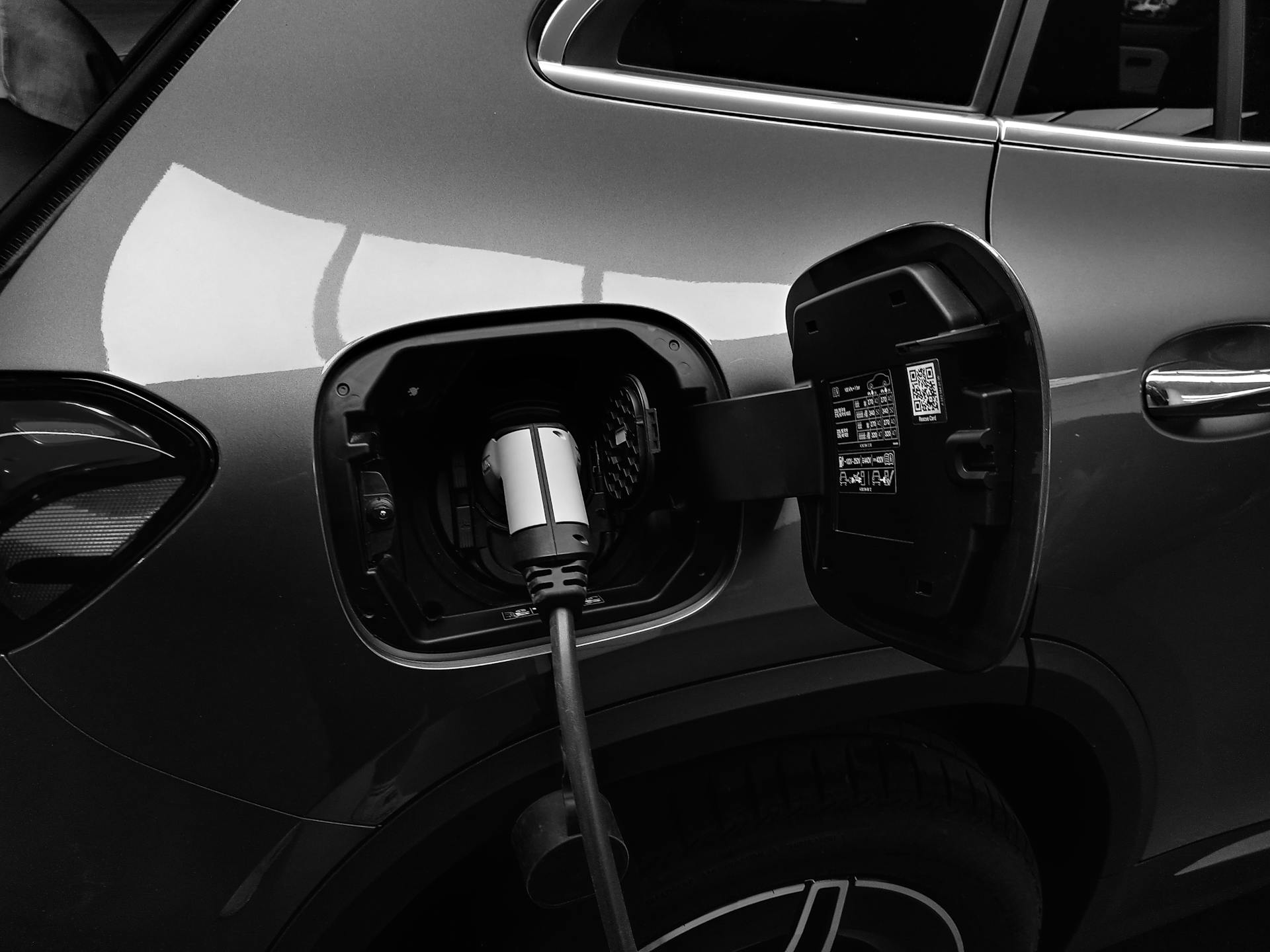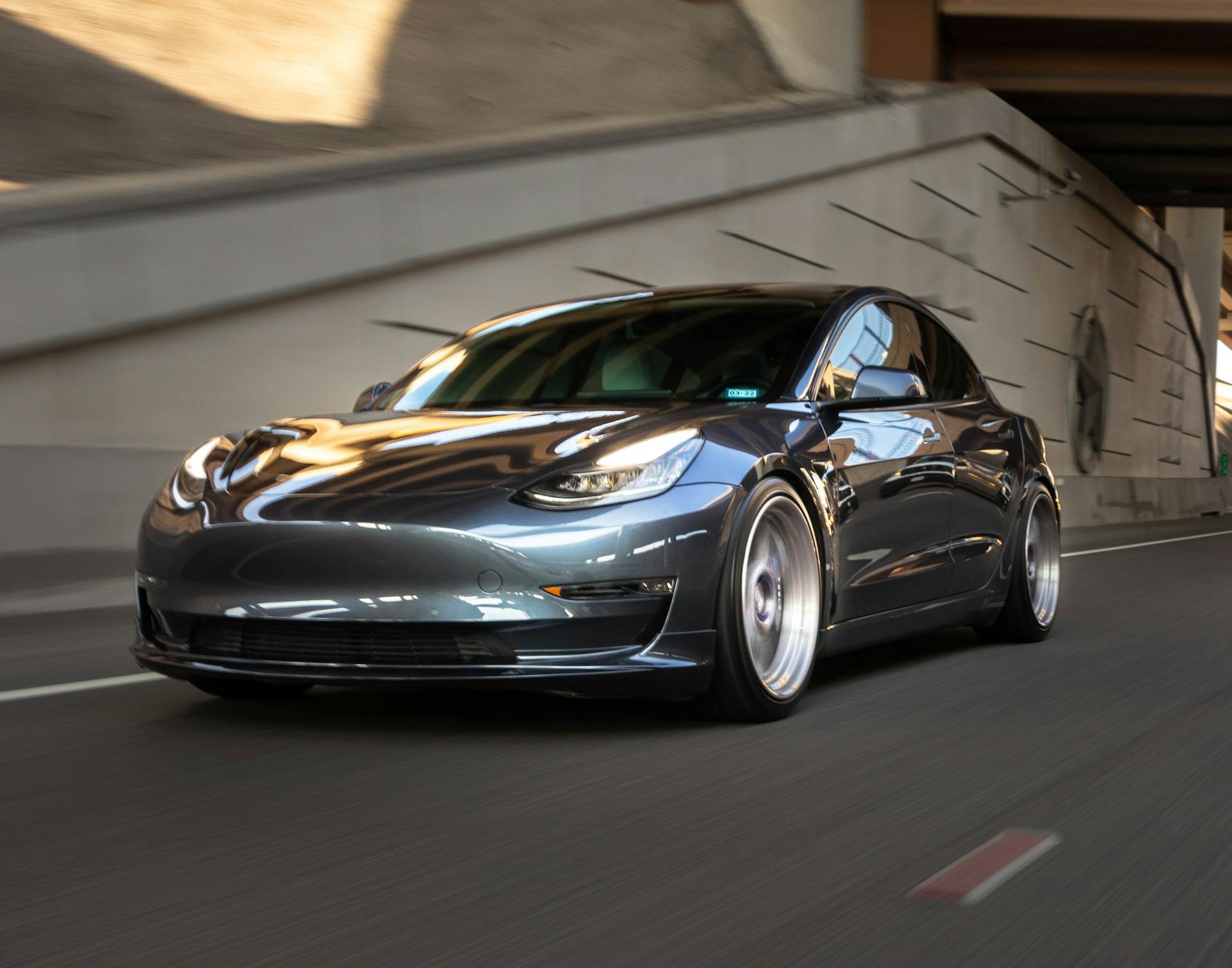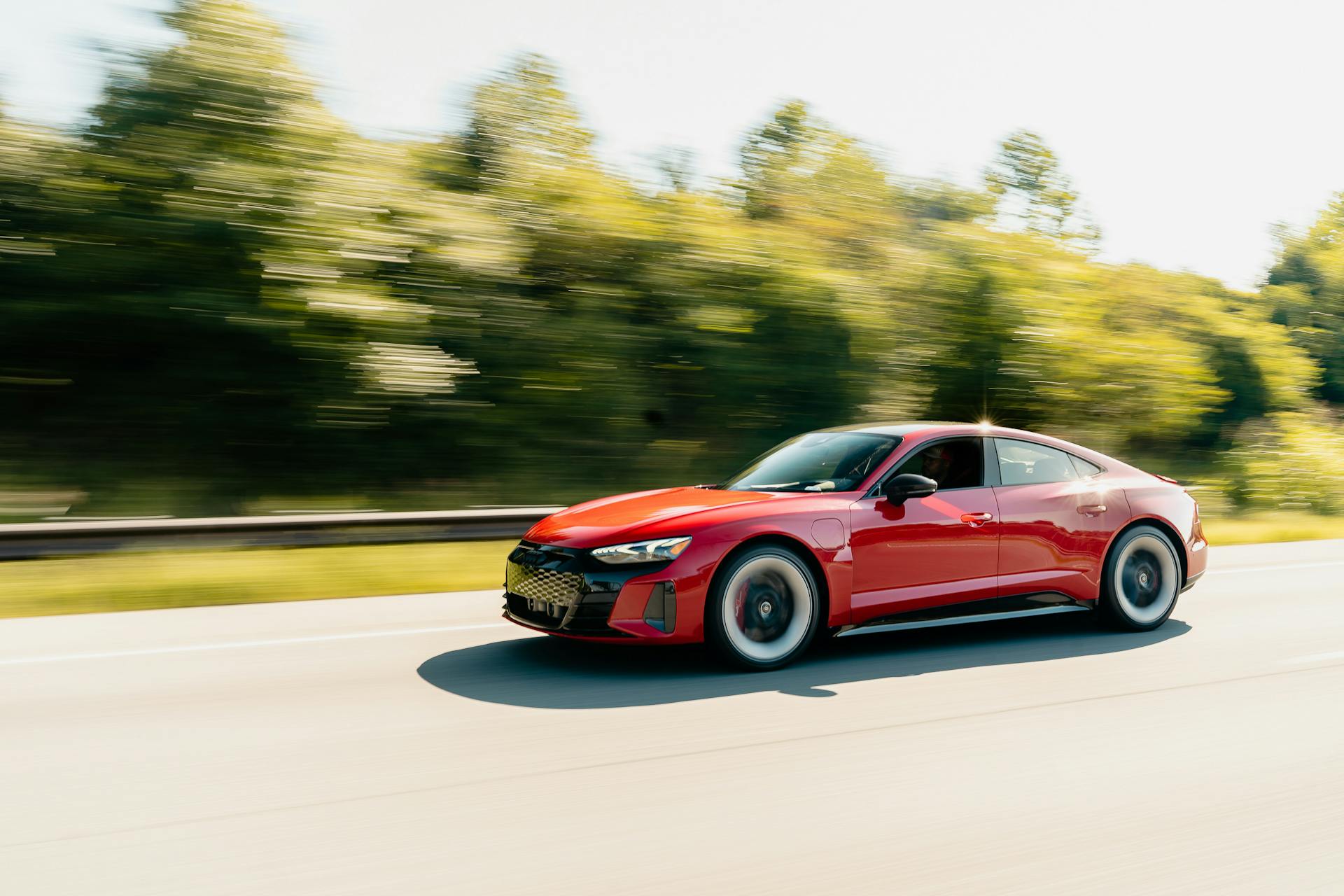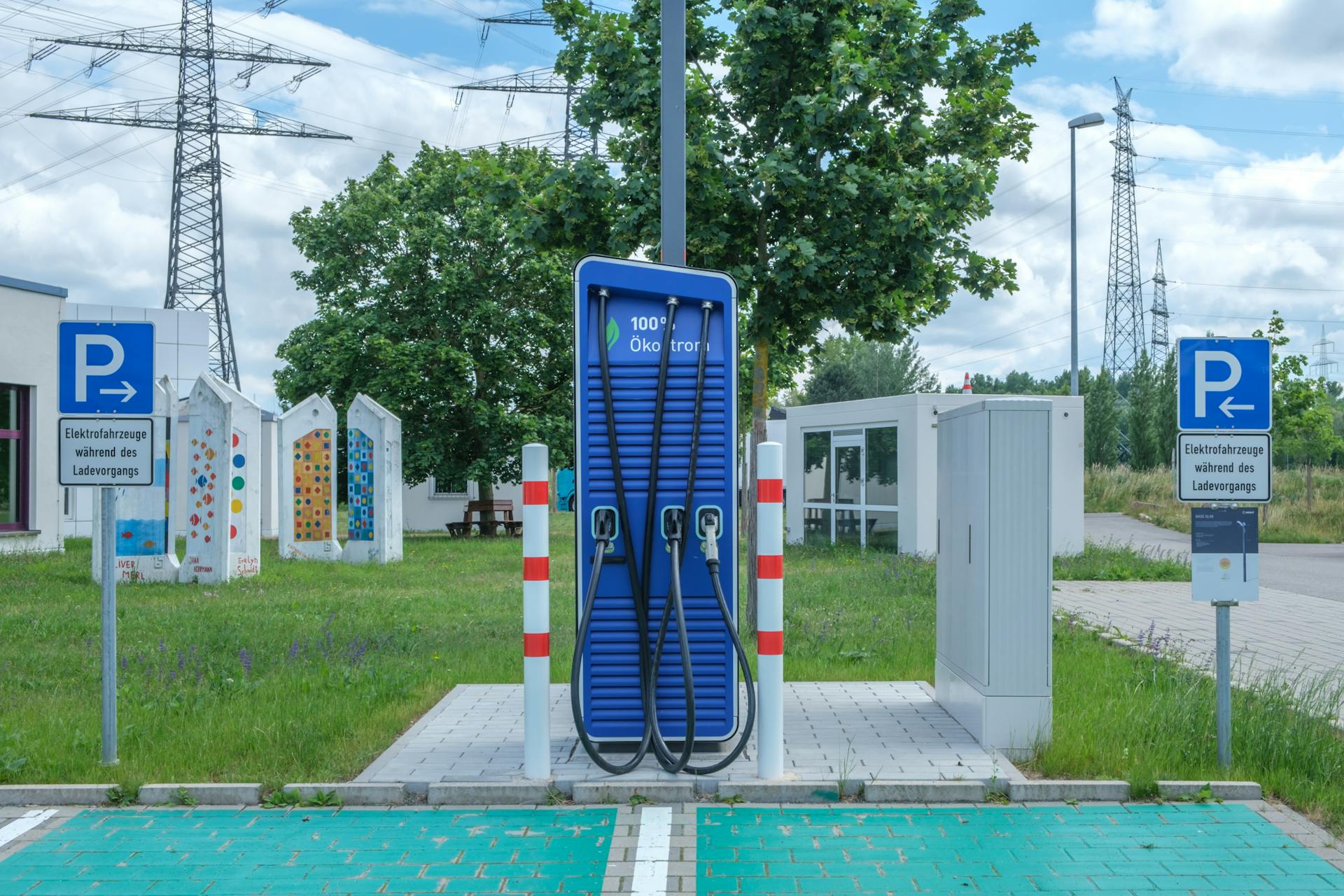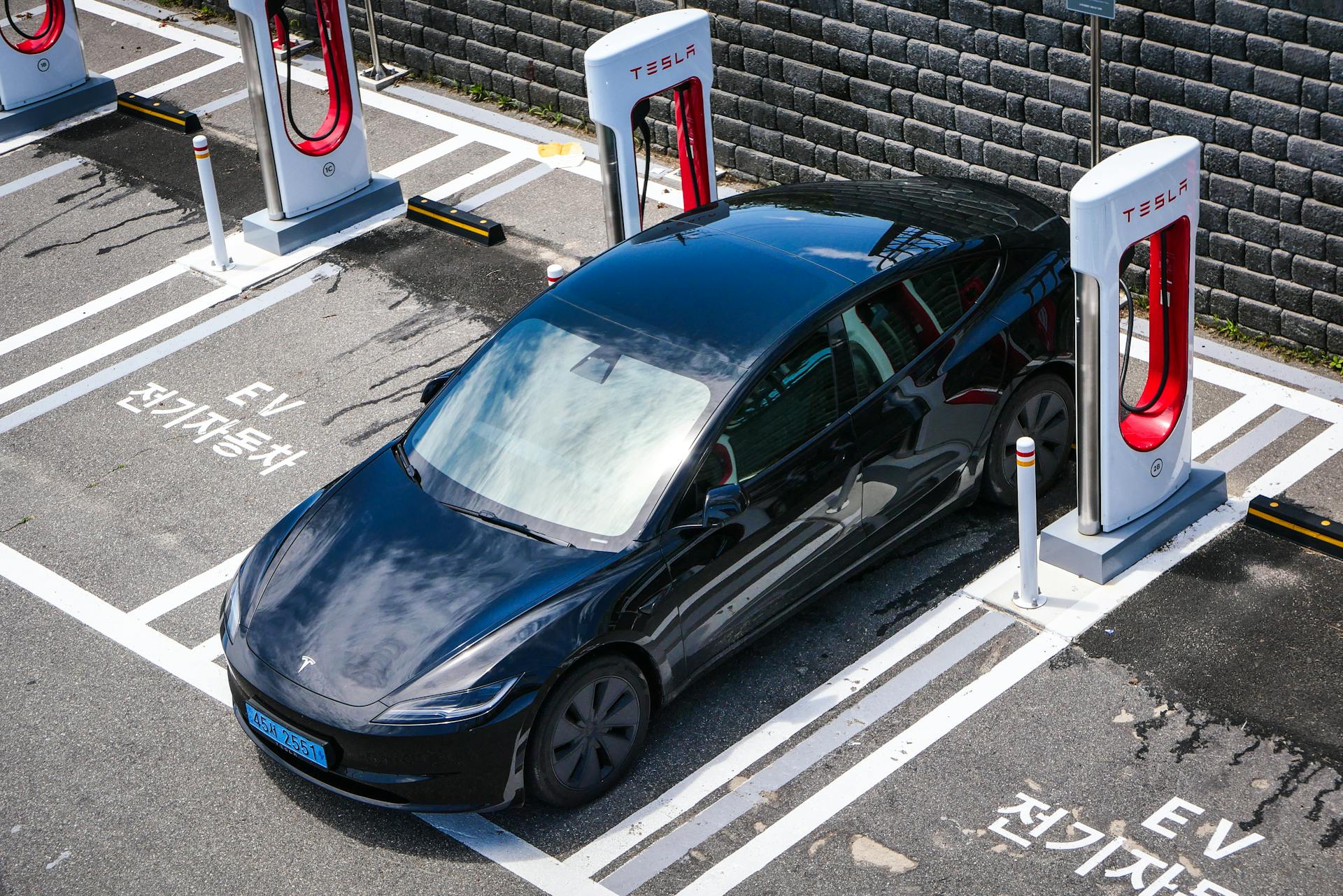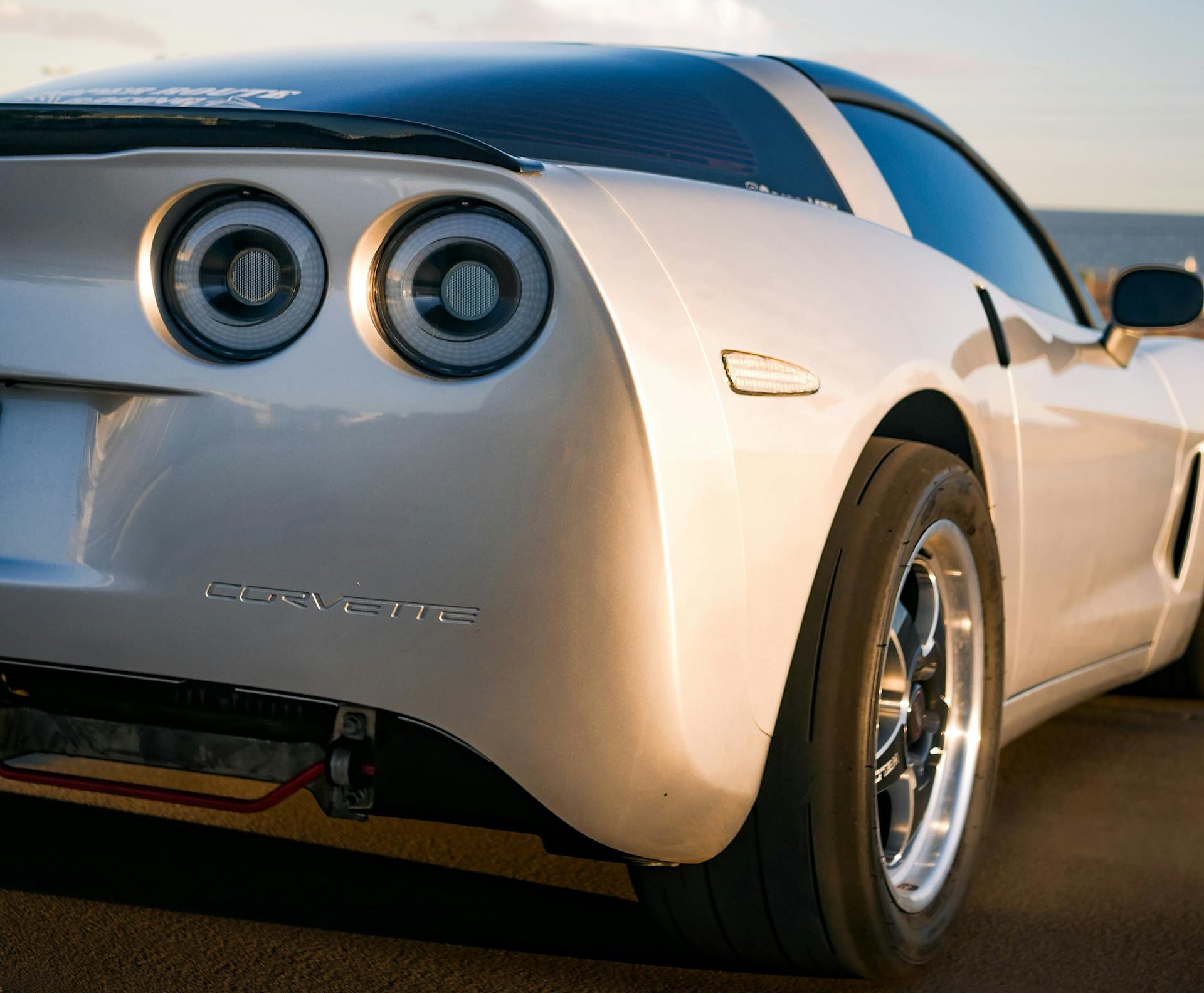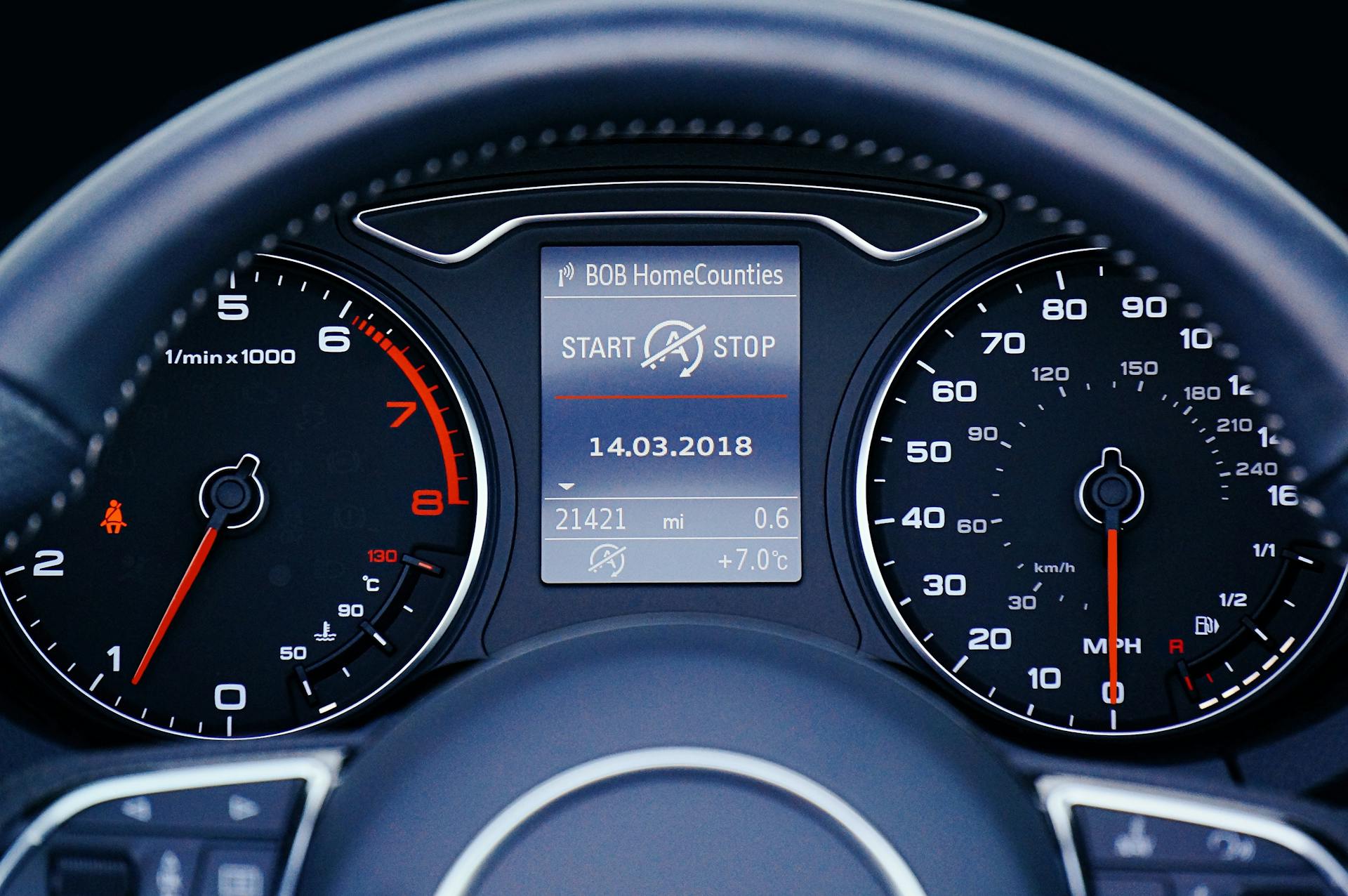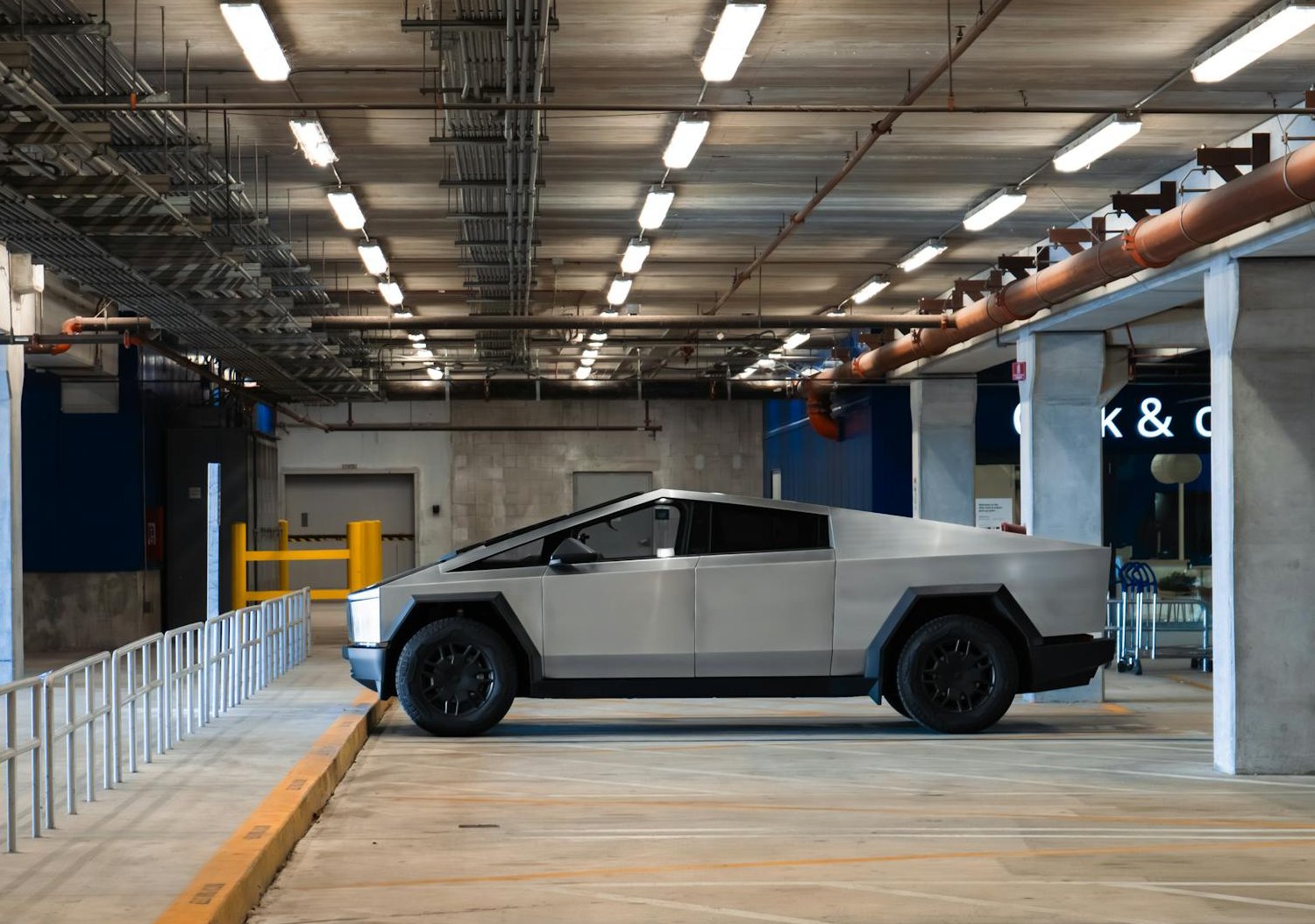Gas, Hybrid, Or Electric: Which Is Right For You?
If you're in the market for a new car, you may be trying to decide between sticking with your gasoline internal combustion engine, trying out a half-measure with a hybrid to see how you like it, or going the whole nine yards, and buying an all-electric vehicle.
If that sounds like you, then you need to read this. Let's dive deep into gas, hybrid, and electric cars and help you decide which is the right choice for you.
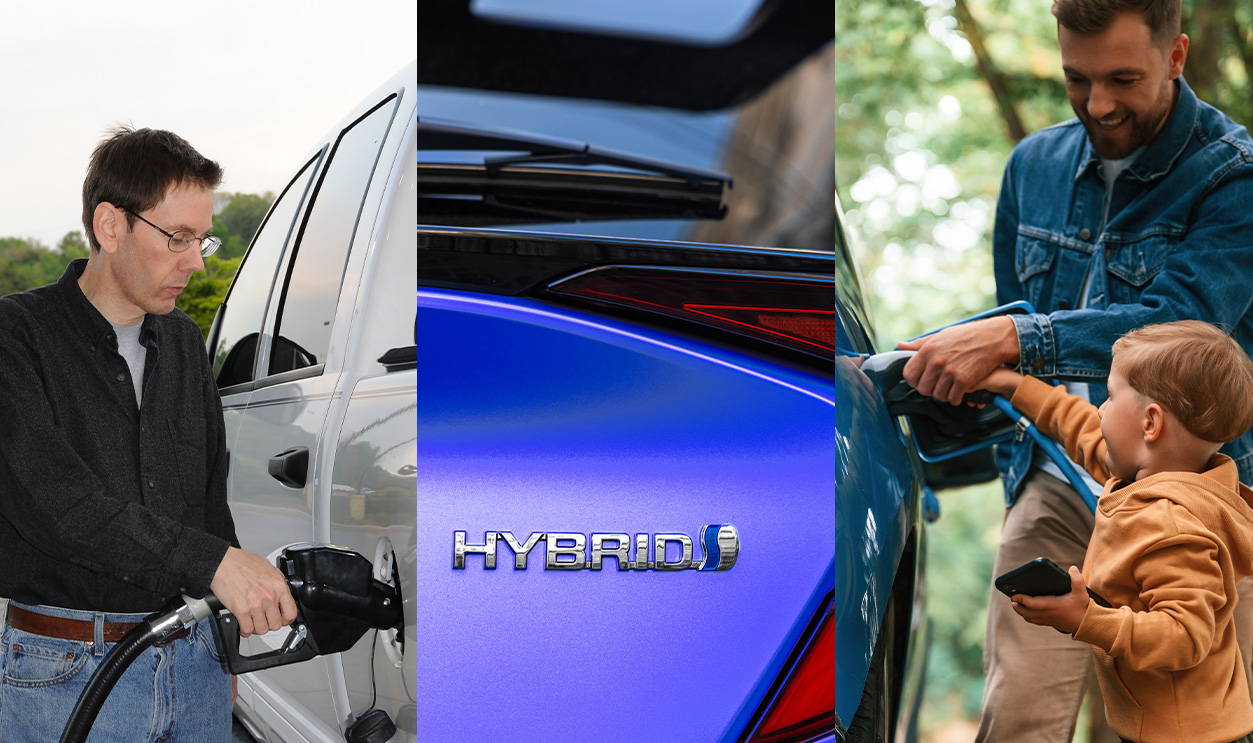
Gas, Hybrid, & Electric: What's The Difference?
There are a few key differences between gas, hybrid, and electric vehicles, but the major difference (without getting too technical, as I'm no mechanic), is in how they're powered.
Gasoline engines use a fuel-injection system where pistons fire after a mixture of fuel and air is forced into the engine housing, which causes the engine to turn over and run. The internal combustion engine (ICE) is what powers gasoline-powered vehicles.
Hybrid vehicles, on the other hand, use a mixture of an electric motor and an internal combustion engine—the electric motor provides a secondary power option to the ICE. In a hybrid, an onboard Lithium-ion battery that can be charged externally provides an additional power source that can either work in-place of the internal combustion engine, or alongside the ICE when the vehicle needs an additional power boost (such as when driving up steep inclines).
While hybrid vehicles have an onboard ICE motor, all-electric vehicles run using an electric motor, powered solely by electricity from a Lithium-ion battery pack. The onboard inverter converts stored energy in the onboard battery into usable energy by sending it to an induction motor. This motor is used to store energy that's created by a rotating magnetic field and feed that energy to the car's wheels, causing them to turn.
Considerations For Each Vehicle Type
There are several considerations to make as to which type of vehicle is the right one for you. Let's take a look at the most important.
Upfront Costs
The upfront costs of gas, hybrid, and electric vehicles can vary greatly depending on your model, but as a general rule, gas and hybrid cars will cost significantly less than an electric car. As cost is one of the most important factors in making any large purchase like a car, it's important to assess whether the other benefits of "going electric" outweigh the initially-larger cost. Let's go over the upfront costs to each in more detail.
It's important to note that some state governments and the federal government offer tax incentives and rebates to buyers of hybrid or all-electric cars as a way to incentivize you to not drive a gasoline car.
Initial Costs Of A Gasoline Car
In general, you can expect to pay around $33,000 on average for a gasoline-powered car. That's not counting any additional bells and whistles you may want in your car—that's just the base price of much of the gasoline market out there today.
Initial Costs Of A Hybrid Car
While hybrids do have an onboard engine and electric motor, this doesn't add as much to the average MSRP as you might expect. You can expect to pay $39,000 before tax incentives and rebates for a new hybrid vehicle.
Initial Costs Of An Electric Car
Many of the complaints about electric vehicles concern the cost of purchasing a brand new one—even though Tesla isn't the only game in town, EVs are still likely to cost you $67,000 before taxes and rebates. This is due to the higher costs of production and the extraction of lithium from the earth.
Additional upfront costs can be related to an at-home charging unit for your electric car, known as an EVSE (Electric Vehicle Supply Equipment). The EVSE can run you another $1,200. These come in three levels: Level 1, 2, and 3. Level 1 chargers are the slowest, taking between 11 and 20 hours to charge your battery from empty. Level 2 chargers can charge your car's battery (from empty) in between four and eight hours, while Level 3 chargers (the most expensive kind) charge your battery in just 30 minutes.
Maintenance Costs
Another consideration is the difference in maintenance costs of each of these vehicle types, as each has a slightly different cost associated with it—hybrid and gasoline cars share the most similar cost estimates, due to the presence of an ICE. Here are some of the most common routine maintenance you'll need to do on a gasoline, hybrid, or electric vehicle.
Routine Maintenance Costs On Gasoline & Hybrid Cars
Oil changes should be done on a gas/hybrid car every 7,500 to 15,000 miles. The additional cost is roughly $35-$75 per change, depending on the type of oil your engine needs.
For a gas or hybrid vehicle, you can expect to replace your car battery every four to five years. The cost of this replacement battery varies widely between $45 to $250, depending on the type of battery your car requires.
Another routine replacement will be your brake pads, which generally last about 40,000 miles and cost between $150 to $300 per axle.
Your spark plugs will also need replacing every ~30,000 miles, and these cost about $10 each—but you'll need one for each cylinder of your car's engine, either six for a V6 or eight for a V8.
Routine Maintenance Costs On Electric Cars
One of the main benefits of an electric car is that your overall maintenance costs are less in the long-run, as there are fewer moving parts in an electric motor—therefore, less to go wrong.
In general, the largest cost associated with electric vehicle maintenance is replacing the battery pack: This will vary depending on the manufacturer (who usually provides warranty on their batteries for the first 100,000 miles), but you can generally expect to pay at least four-figures for a replacement pack.
Your other guaranteed cost will be your brake pads, as these will wear and tear, just as on a gasoline car. However, unlike gas-powered cars, electric vehicles use regenerative braking, a technique used to capture the energy that's already being generated by the car as it's in motion, reducing wear and tear on the brake pads.
Routine Maintenance Costs On Hybrid Cars
Because hybrid cars have both an ICE and an electric engine, you'll have all of the costs associated with both types of engines: oil changes, battery replacements, brake pads, tires, and so on—but your labor costs may be higher, as some parts can be more difficult to obtain due to the complexity of working with two different types of engines in the same vehicle.
The Cost Of Insuring Each Vehicle Type
Insurance is another necessary cost of running a vehicle, regardless of which type of vehicle you choose. It can vary widely based on your driving record, type of car, and various other factors.
In general, you can expect to pay $1,529 per year to insure your gasoline car. Your hybrid car will cost you $1,637 per year to insure. Meanwhile, your electric car will cost you $2,280 per year. Electric vehicles are more expensive to repair, therefore insurance companies may have to fork out more money for those repairs—they pass that cost on to you in the form of higher premiums.
Cost Of Fuel
It's important to understand that while electric vehicles are cheaper to run than gasoline engines, they're not cost-free, as electricity is still a cost that you'll pay—it's just far, far cheaper than gasoline.
The average cost of gasoline per gallon in the United States is $3.22 per gallon, as of September 20, 2024. Meanwhile, the average cost of electricity in the United States is $0.23 cents per kilowatt-hour (KWH), so assuming your vehicle has a 100kWh battery, you'll pay $23.00 for a full charge. Check the median travel range of your battery per charge to calculate your cost per mile.
Your hybrid vehicle will have a much higher mile-per-gallon rating than your average gas car, with the 2024 Toyota Prius getting 57 miles-per-gallon. Its driving range is approximately 644 miles, meaning that the average cost per mile is $0.08.
Pros And Cons Of Gas, Hybrid, & Electric Cars
Let's go over the pros and cons of gas, hybrid, and electric cars.
Pros Of Gasoline Cars
Here are a few pros to consider for gas cars:
- Lower upfront costs than hybrid and electric vehicles: In general, your gasoline-powered car will cost you less than hybrid or electric cars off the lot and they require no additional at-home costs like chargers.
- There's plenty of existing infrastructure like gas stations to fuel up and mechanics that can more easily service your gas-powered car repairs (whether routine or not).
- If you're looking for performance, there's simply no bigger winner than gas-powered cars. While electrics and hybrids are catching up, gas-powered cars far outperform other vehicle types in top speeds and acceleration tests.
- Gas-powered cars have a much greater range than electric cars.
Cons Of Gas-Powered Cars
Of course, it's not all sunshine and rainbows with gasoline-powered cars. Here are a few cons to consider as well.
- Even though gas-powered cars are becoming more fuel-efficient, they're still the least environmentally-friendly option than either hybrid cars or electric cars.
- Due to the complexity of the internal combustion engine and other moving parts, the repair costs of gas-powered cars are generally higher.
- You're at the mercy of the gasoline price market. If gas costs go up, you pay more as a result.
- While the on-road electrical charging infrastructure still has a ways to go to catch up to gas stations, you can't just fill-up your gas car at home, unless you have fuel stored at home.
Pros Of Hybrid Cars
- Your hybrid car will be quieter than your electric car, so long as it's powered by the electric engine.
- Various state governments offer tax incentives and rebates against the purchase price of a hybrid car. Check to see if your model and make of hybrid-to-be qualifies you for any rebates.
- Because you're only using one engine at a time (and have two engines to begin with), your hybrid car's parts will last longer than its gasoline-powered compatriots.
Cons Of Hybrid Cars
There are a few cons of hybrid cars. Consider the following:
- Your hybrid will have more complex repair needs than a traditional gasoline car, or an electric-powered car.
- Your hybrid car's top speed will not impress you if you're used to the power provided by a gas motor.
Pros Of Electric Cars
When it comes to electric cars, there are a number of positives to consider:
- Electric vehicles are emission-free, meaning they're the most environmentally-friendly of the three options.
- The day-to-day running costs of both a hybrid and gas-powered car are higher than that of an EV.
- Electric cars provide a much quieter, smoother ride than either a hybrid or a gas-powered car.
- With electric cars, you don't have to pay for fuel-ups, oil changes, exhausts, or other ICE-typical costs to incur.
- It's much easier to stomach the initial costs of an electric car as both state and federal governments provide incentives and rebates to help offset the initial purchase price and charging infrastructure costs.
Cons Of Electric Cars
While all that may sound very appealing, electric cars aren't without fault. Consider the following negative aspects of making an electric car the next addition to your garage :
- Electric cars have a lower median travel range than gasoline or hybrid vehicles.
- Even with a Level 3 charger, charging your electric car still isn't as fast as filling up on gas.
- Despite the presence of rebates and tax incentives, your electric car will still set you back further financially at the start.
Final Considerations When Choosing A New Car
There are a few final considerations to make when choosing your new car.
How Far Do You Plan On Driving?
If you know that your daily commute is just going to be a few miles, but you plan on taking longer weekend journeys (though not in excess of a few hundred miles), then you might be best with a hybrid or a fully-electric car. However, if you're a long-hauler, then a gas car still might be your best bet.
Model Availability
It's worth noting that electric and hybrid model vehicles aren't as readily available as gas cars, so if you want a certain model, check the backlog at your local dealer!
If an electric car is within your budget and suits your needs best, then that may be your best option. Or, if you're not really sure about the whole electric thing, but want to dip your toes in, then a hybrid is a fantastic compromise. Alternatively, you can choose the "Old Faithful" of cars: gasoline-powered vehicles.
Tesla's Shocking Lawsuits
It's no secret that electric car giant Tesla has been under pressure in recent months and years, having been named in over 1,750 lawsuits as of August 2024. However, one particularly egregious one, launched by former employees, alleged shockingly racist behavior by Tesla staff, including graffiti on their desks using racial slurs, recurring instances of nooses being left at their desks, and other instances of a hostile work environment.
Head to the comments and let us know which one you'd choose between the "Old Faithful" gas-guzzler, the compromise hybrid, or the whole-hog electric direction.

